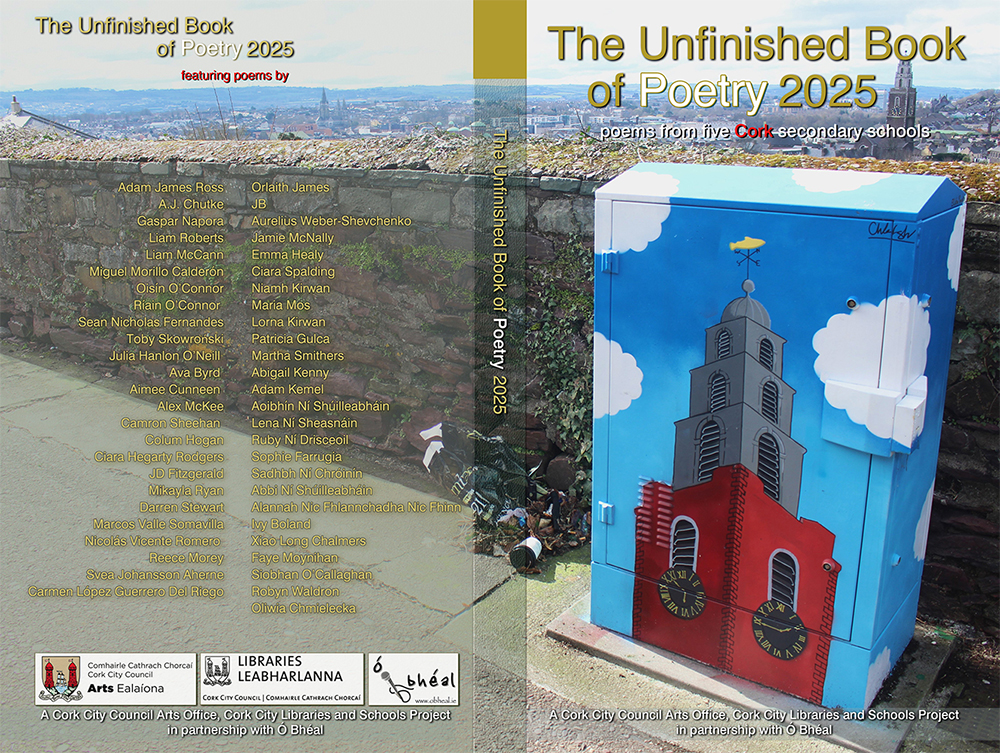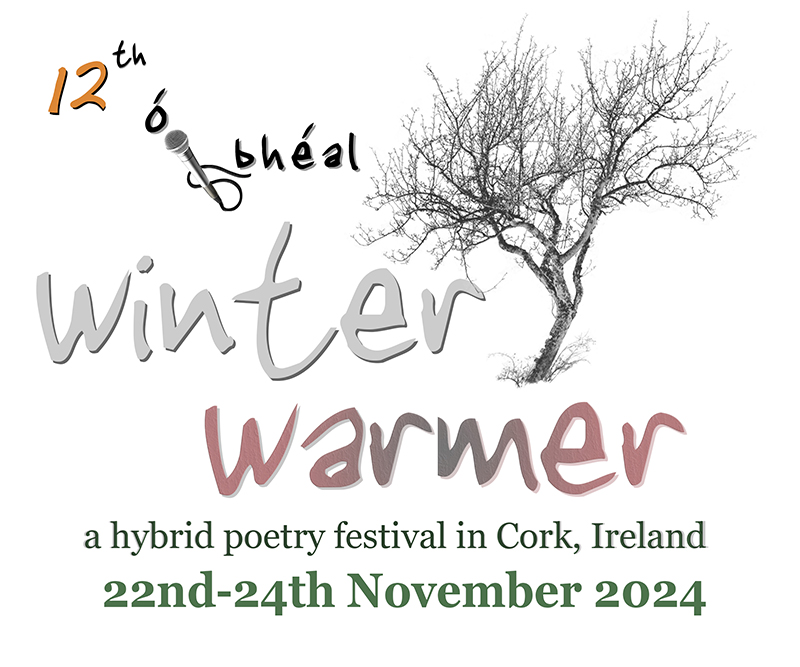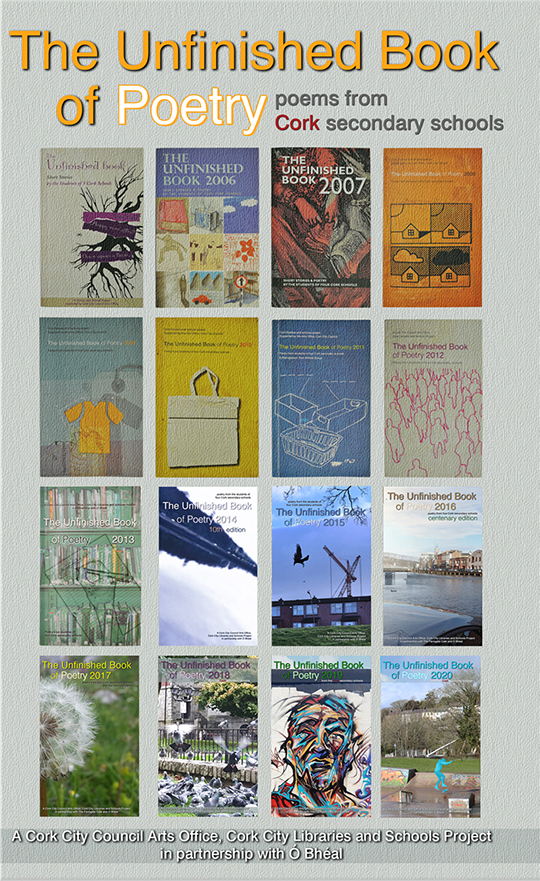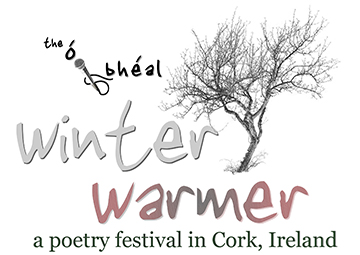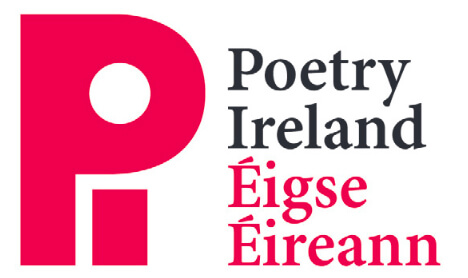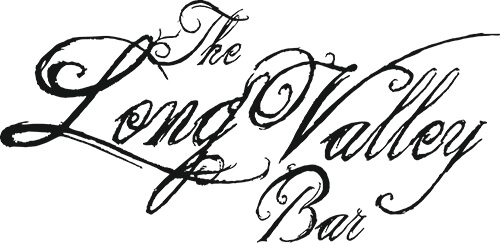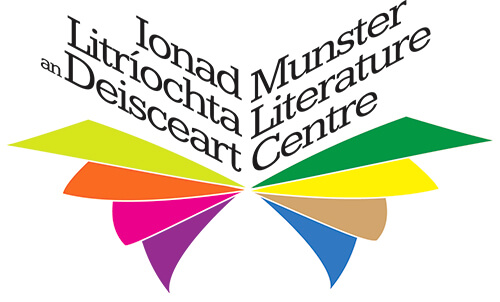Interviewed by Jennifer Matthews
JM: Your performance was particularly moving because of the delivery of the poems, sometimes involving song. Do you ever read your work out loud to help in the revision process?
MM: Always. And it’s also essential in the first draft.
JM: Do you see ‘page poetry’ and ‘performance poetry’ as essentially different media?
MM: No. More like the same subject, different specialisations; or like classical music versus rock. The performance poet experiences the words in his or her poem as physical entities inducing a kind of dance, and must respond physically and dramatically to them.
JM: You’ve said the science inspires you. How does a poem like ‘Unified Field’ move from theory to poetry? (Does this question make sense?)
MM: Yes, the question makes sense, except that the trajectory from theory to poetry is not always easy to describe, and may be very short or light-years long. What often happens, in my case, is that I always have a myriad thoughts in my head. A few of these come to the surface and stay swimming there. Then one day, something happens. It could be a minor event, such as a passing comment or a look on someone’s face, a scientific fact that pops before my eyes or a striking sunsheen on a tree. The event gives dramatic reality to the accumulated thoughts and a first line is born. The other lines might come without much effort or they might need some inducement. That’s how ‘Unified Field’ came into being. It didn’t need much inducement.
JM: Part two of your book is a requiem. Do you think poetry can help writers move past or cope with traumatic experiences?
MM: Psychologists have found that creative people can recover from traumas which destroy others or cause mental illness. In Pat Barker’s ‘Regeneration’, the psychiatrist says that mental illness can be caused by the inability to integrate certain aspects of one’s personality. This was the view of Jung and has given rise to a therapeutic method, using creativity, in the work of the psychoanalyst, Thomas Moore. So the answer is a definite yes, in two ways: firstly, the poet is by nature an observer, and that position gives one distance from all that occurs, because one is always creating dialogue between event and its transformation into a thing of beauty; secondly, working on a poem focuses the mind on form and detail, directing the energy outward and bringing about catharsis. Any form of writing will do this, but it must be disciplined. I’m not sure that simple outpouring achieves such effective healing.
JM: Do you have a favourite place or time that you find conducive to writing?
MM: I like my study and my computer, Sunday mornings and quiet dark evenings, but I write whenever and wherever I can. When I’m planning, I like to get out of the house and go to a neutral place, like a cafe or hotel. Many of the requiem poems were written in a nearby hotel lobby over a cappuccino or a green tea.
